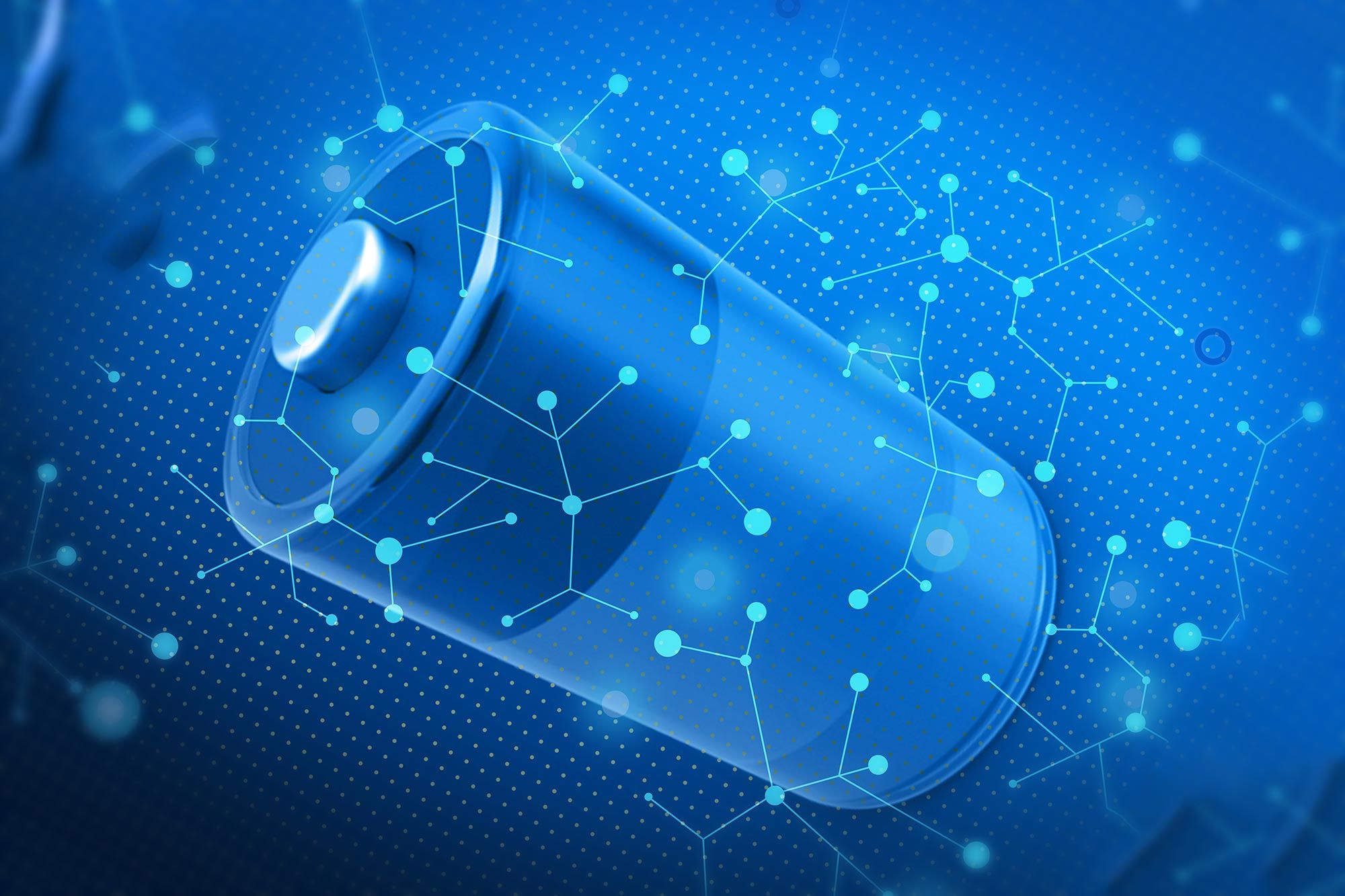
You are probably familiar with lithium-ion batteries that can be found everywhere, from inside our mobile phones to electric cars. However, lithium's larger brother potassium may soon find its way into the batteries that power our everyday lives. Dr. Titus Masese at the National Institute of Advanced Industrial Science and Technology in Osaka, Japan, has been developing new materials for electrodes to overcome some of potassium-ion's current limitations. Battery technologies to allow them to reach their potential as a promising low-cost rechargeable battery material for energy storage.
An electrical battery is any device that stores energy that can be converted to electrical power. A primary battery provides electricity, or a flow of electrons, by having a positively charged cathode and negatively charged anode at each end, with an electrolyte, a conductive solution, in between.
According to research, adding small amounts of potassium salt to lithium-metal batteries could make them safer and boost their charging efficiency. Lithium-metal batteries are lighter and can store more energy than the more commonly used lithium-ion batteries. Still, safety concerns have limited their widespread use, says Lauren Marbella at Columbia University in New York.
Unlike lithium-ion batteries, which contain an electrode typically made of graphite, lithium-metal batteries have an electrode made of lithium. Because of the way lithium-metal batteries charge, this can lead to a build-up of tiny lithium deposits on the electrode surface that can cause the battery to short circuit.
When a battery is connected to an electrical circuit, chemical reactions within the battery cause electrons to start building up at the anode. Eventually, this pile-up of electrons becomes unstable and will move through the electrolyte separating the anode and cathode and flow around the circuit, providing the necessary electrical power.
However, each of these chemical reactions depletes the stored potential energy in the battery. Rechargeable batteries try to overcome this by reversing the oxidation and reduction reactions, the chemical reactions that occur at the cathode and anode, and, this time, convert electrical energy to chemical energy.
Lithium-ion batteries are one of the famous types of rechargeable batteries because their high power density makes them easy to be carried along every time. However, lithium-ion batteries are not the only option for rechargeable battery technologies.
Dr. Titus Masese at the National Institute of Advanced Industrial Science and Technology in Osaka, Japan, has been working on new, potassium-based materials to develop potassium-ion-based rechargeable batteries. There are right motivations for doing this. Developments in higher-energy, longer-lifetime, and lower-cost battery technologies are a vital part of the necessary energy storage strategy required for a more sustainable future. Potassium-ion batteries may offer a lower-cost alternative, partly as potassium is over eight hundred times more abundant on Earth than lithium.
The researchers found that potassium's addition boosted the charging efficiency of the batteries from 84 to 88 percent. Small increases in charging efficiency can go a long way, says Marbella, particularly in applications such as electric vehicles. She adds that a big barrier to electric vehicles' transition is their limited range, says Marbella. "You're limited in how far you can go before you have to charge your battery again," she says. "The development of lithium-metal batteries would help eliminate some of the range anxiety because they last longer."
Marbella says the next step will be to investigate how potassium salt's addition to limit the formation of deposits on the lithium electrode and potentially optimize this further.
Source: New scientist, Research Outreach




